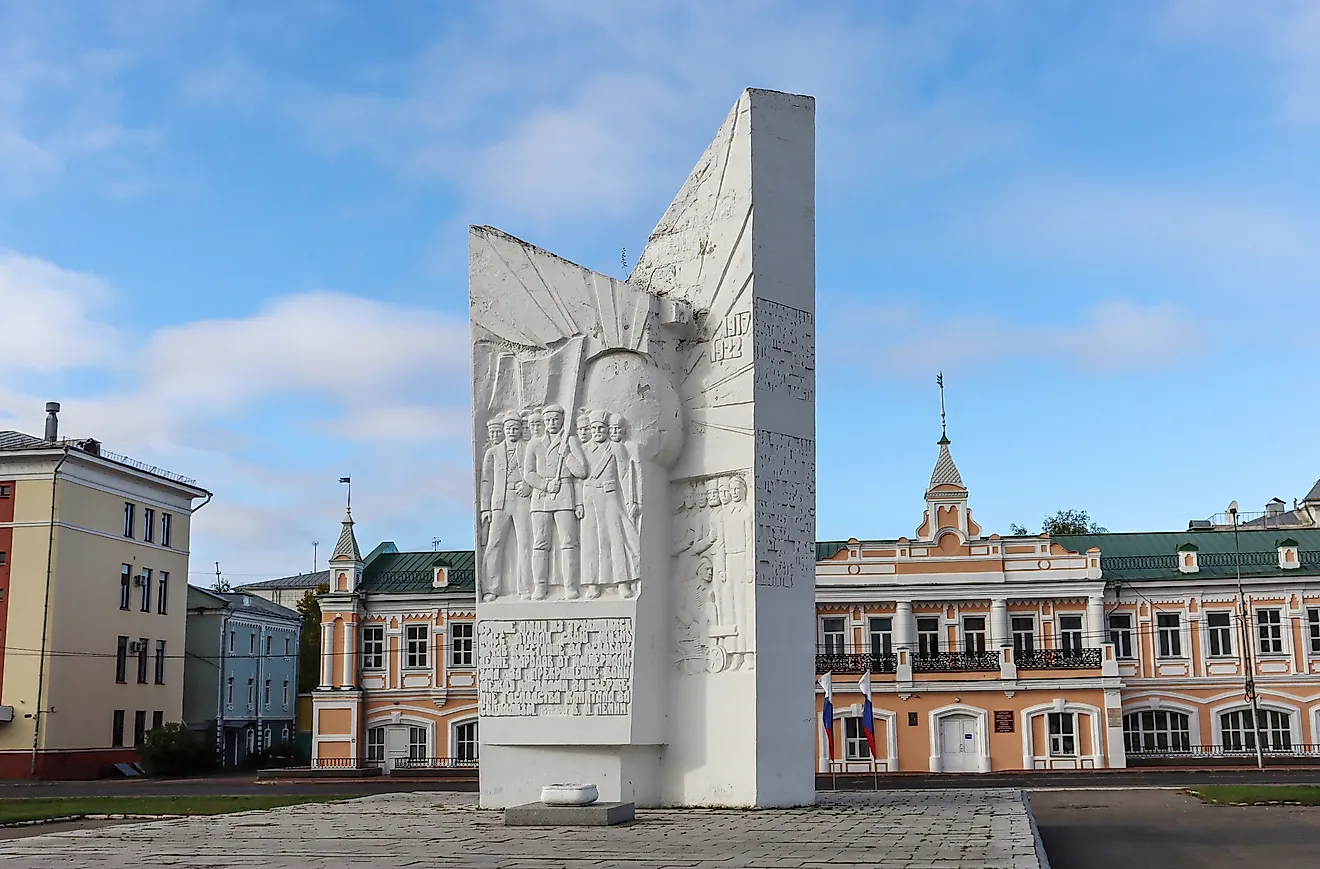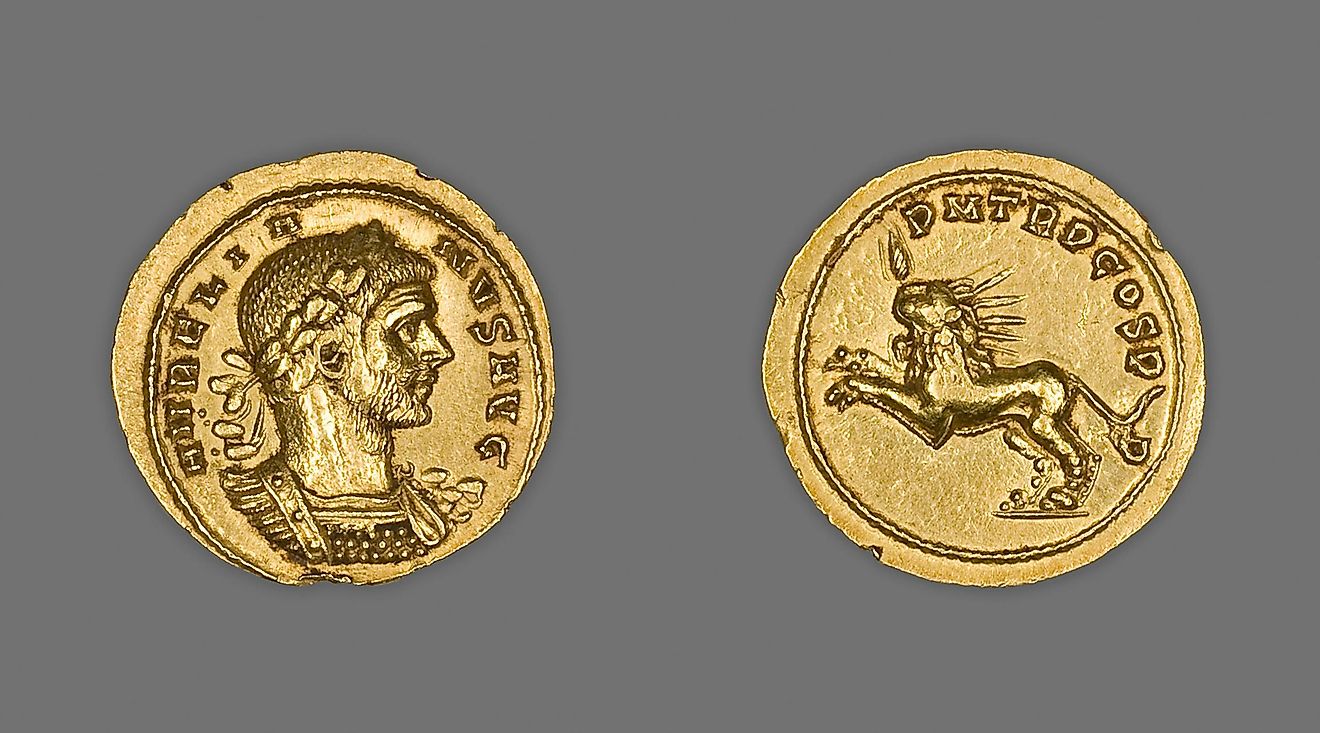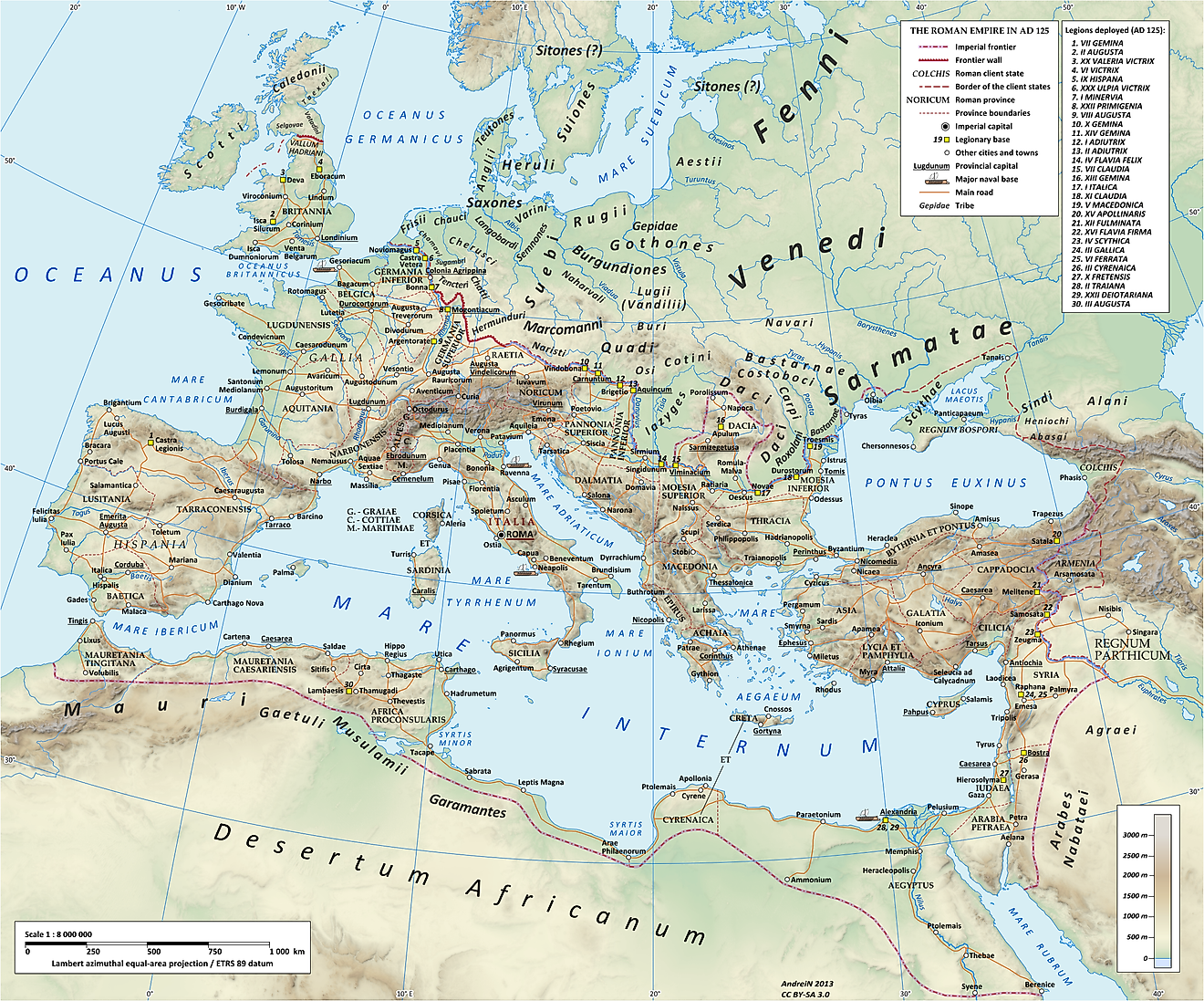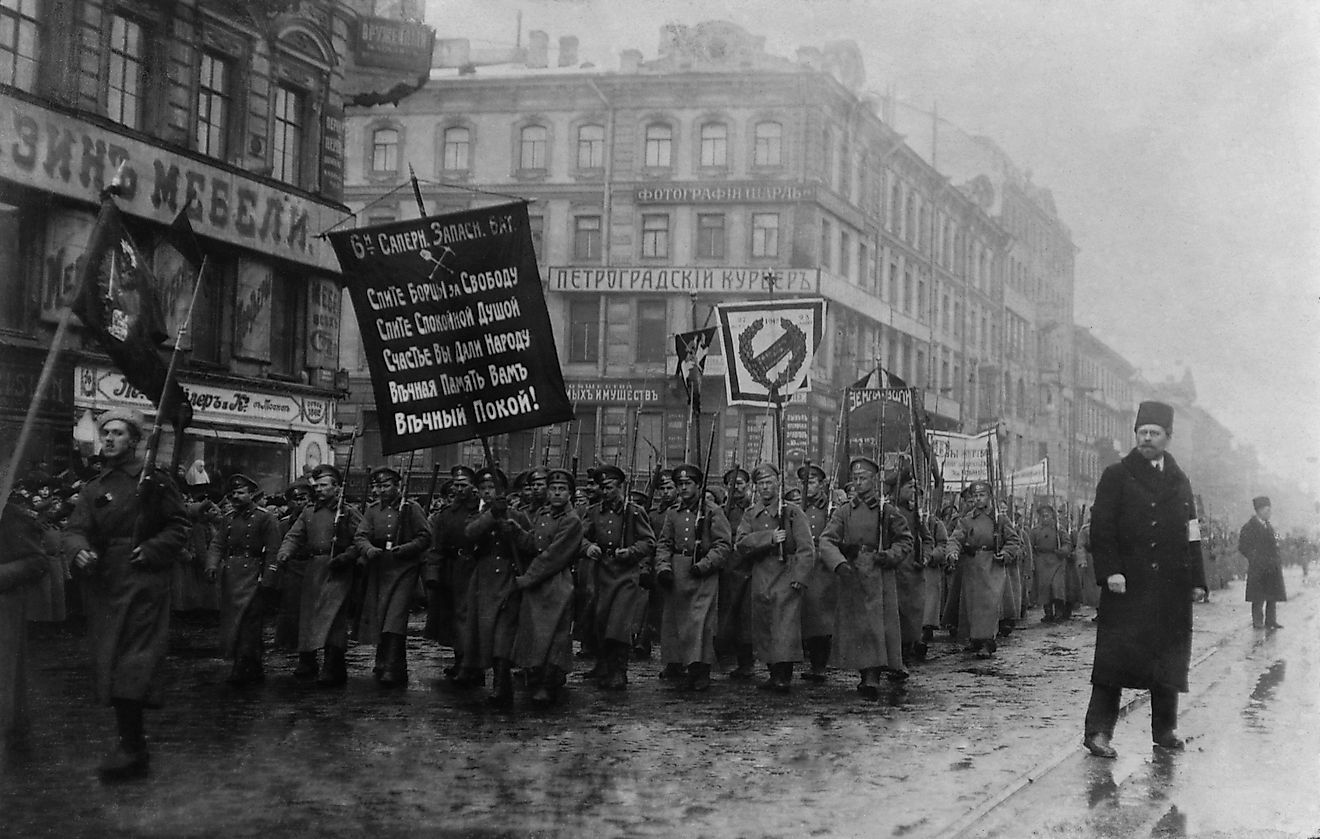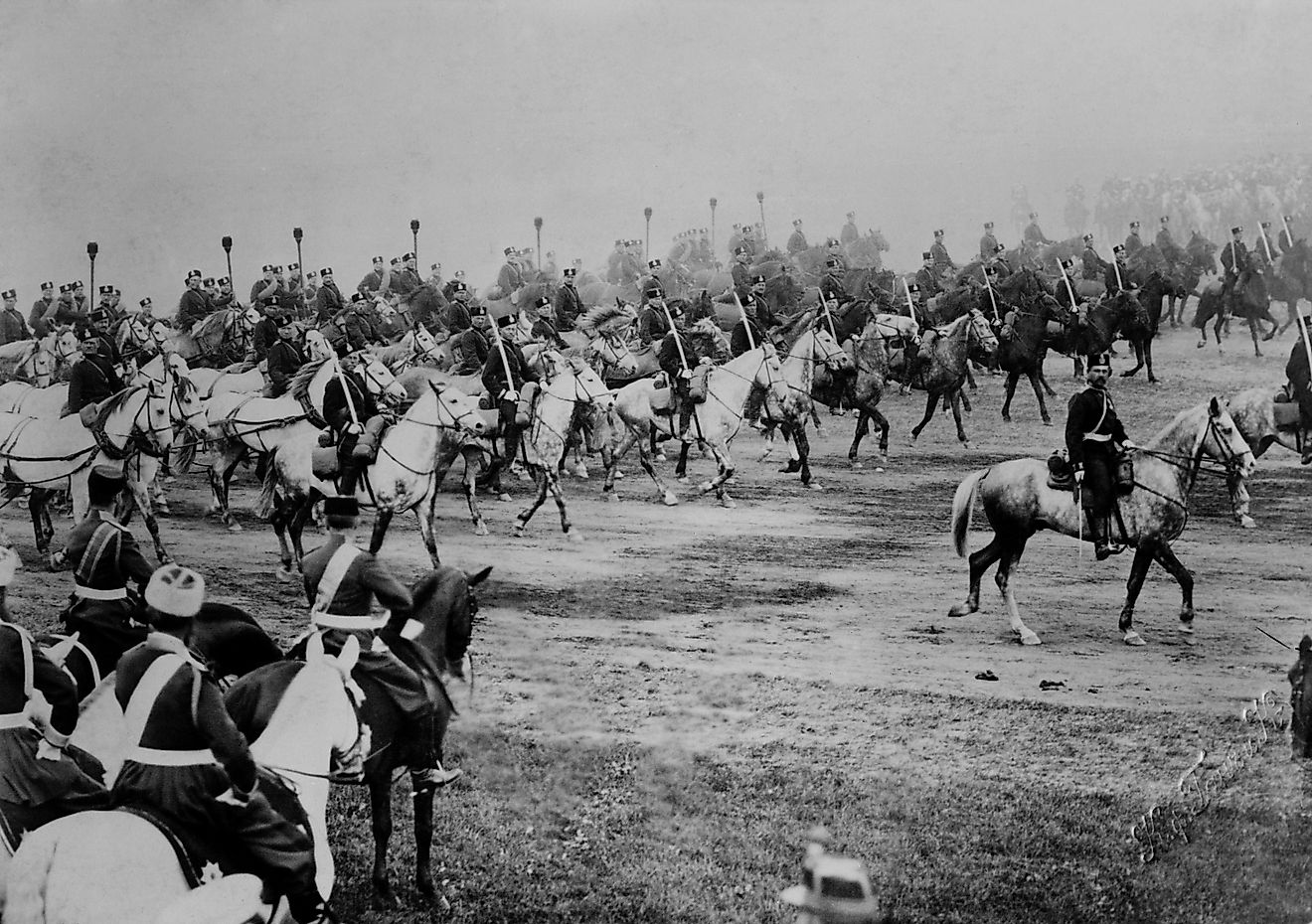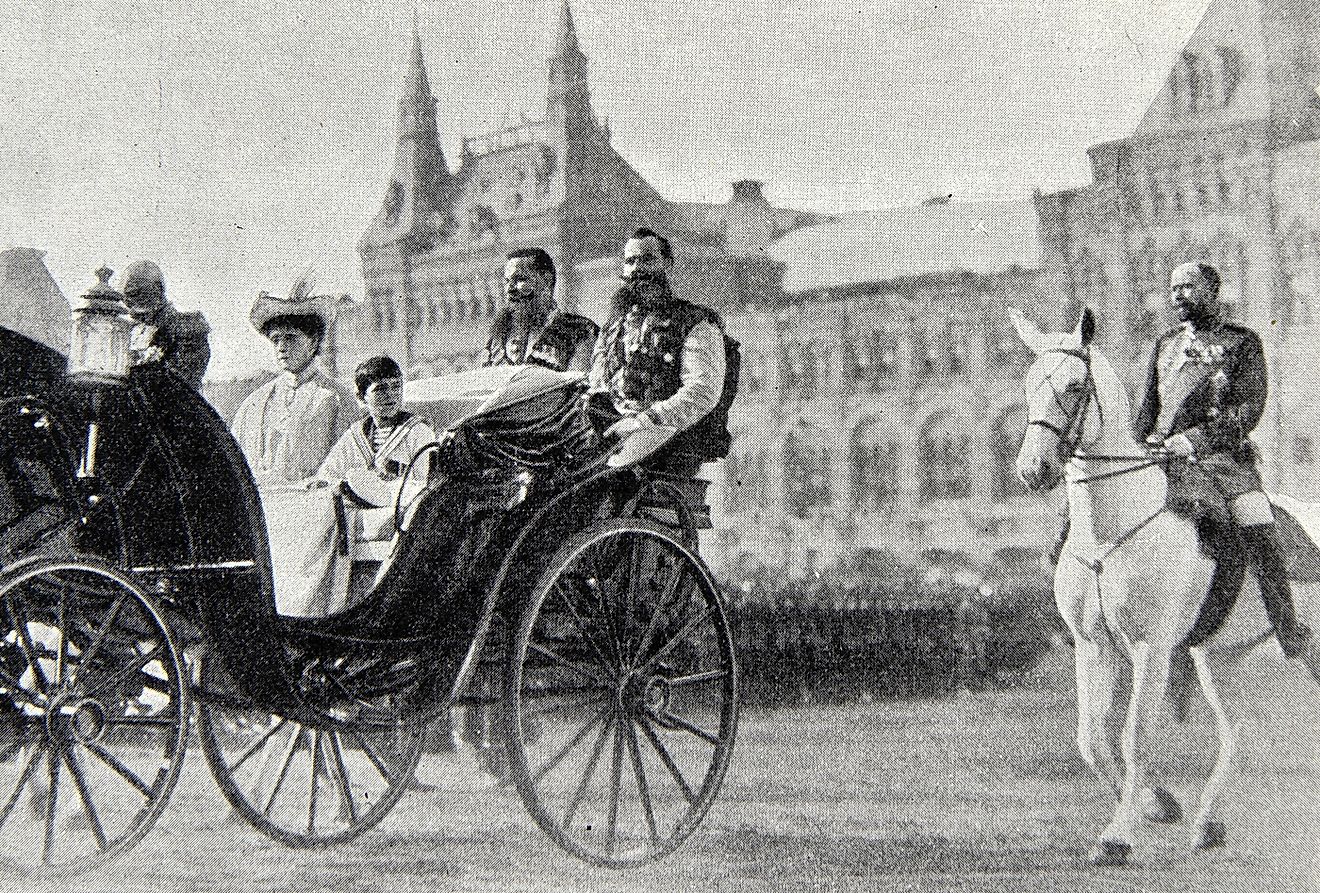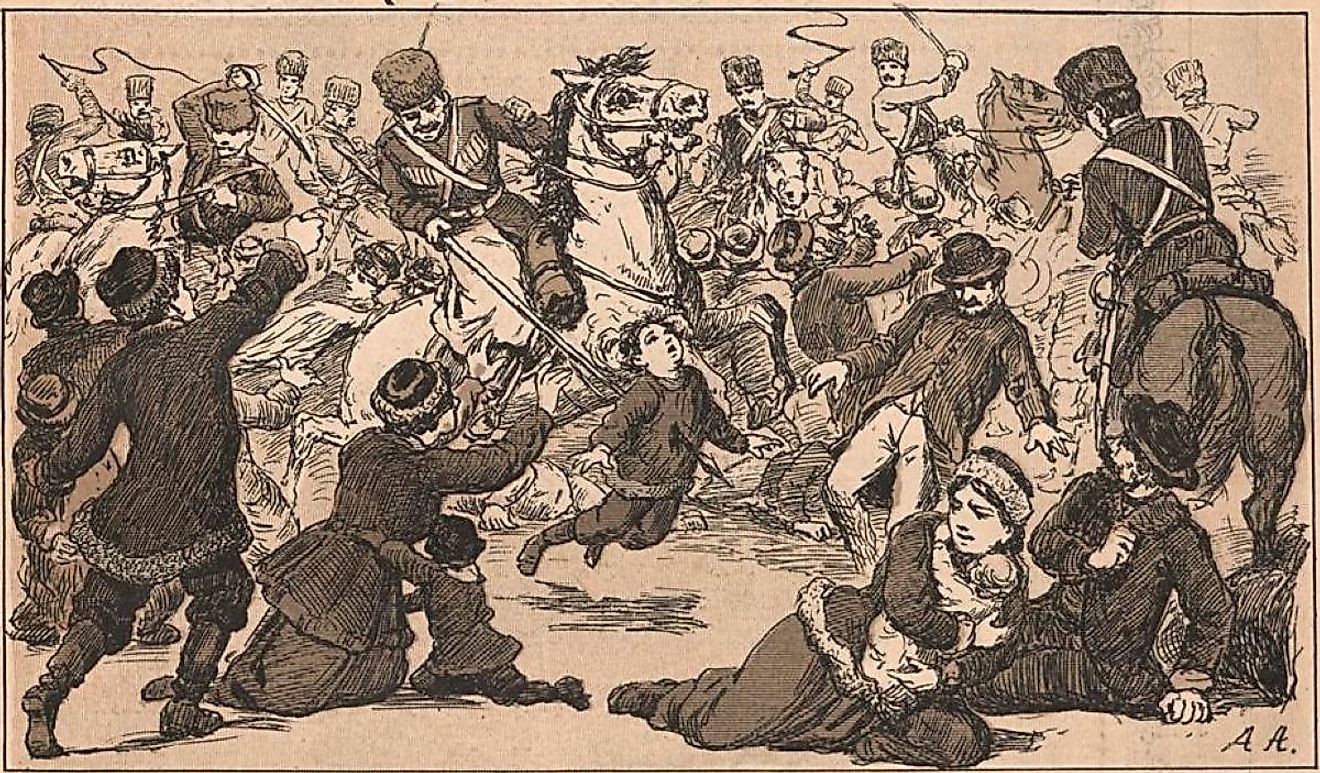
How the Treaty of Versailles and German Guilt Led to World War II
World War I is often understood as a cause of World War II. Specifically, the Treaty of Versailles is viewed as one of the main reasons for Adolf Hitler's rise. However, while Hitler was influenced by it, and anger toward the Treaty of Versailles was certainly widespread in German society, it is impossible to draw a straight line from this agreement to the rise of Nazism and the Second World War. Nonetheless, the treaty contributed to an environment that made such a conflict possible.
Context

World War I began in July 1914 following the assassination of Austro-Hungarian Archduke Franz Ferdinand. Despite starting in the Balkans, it soon escalated into worldwide conflict, with Germany at the center of it all. But, by the summer of 1918, Germany was in trouble. Having failed to win a decisive victory on the Western Front, and with the Americans now involved, defeat for the Central Powers seemed inevitable. Thus, on November 11, 1918, Germany signed an armistice that marked the end of the war.
This outcome angered many Germans. Indeed, in October 1918, knowing that the war was about to end, sailors in Kiel and Wilhelmshaven mutinied due to them now being sent to die for nothing. Kaiser Wilhelm II then abdicated on November 9, signifying the end of the German Monarchy. In January 1919, communists attempted a coup in Berlin. Another failed communist revolution occurred in Bavaria later that year. In short, Germany's domestic situation in 1918 and 1919 was tumultuous.
The Treaty Of Versailles

Amidst all this upheaval, a formal peace treaty was being drafted in Paris. While negotiations began in January 1919, the treaty was only presented to German delegates on May 7. The terms were as follows:
- Germany needed to give up all of its colonies and significant European territory.
- The German Army would be reduced to 100,000 men, with no reserves, no air force, and no meaningful navy. The Rhineland, a region bordering France, Luxembourg, Belgium, and the Netherlands, would also be demilitarized.
- Germany would be denied membership in the League of Nations.
- Germany would pay the equivalent of 33 billion American dollars in reparations to the Allied countries.
- Germany would accept sole responsibility for the war.
Despite widely being seen as unfair, the Allies threatened to invade Germany if it did not agree to these terms. Therefore, on June 28, 1919, President Ebert signed the Treaty of Versailles.
The Impact On Germany

Accepting the Treaty of Versailles immediately put the newly formed German democracy, the Weimar Republic, at a disadvantage. Most notably, it led to hyperinflation since the government simply printed money to pay off the debt. Thus, in July 1919, one American dollar was equivalent to 14 Reichsmarks (RMS). By July 1920, it was worth 39.5 RMS. Finally, by November 1923, an American dollar was worth 4.2 trillion RMS.
This monetary instability brought about political instability. For instance, the Nazis attempted a coup in Munich on November 8 and November 9, 1923. There were also communist insurrections throughout this period. Knowing that the situation was unsustainable, Chancellor Gustav Stresemann introduced a new currency called the Rentenmark. One Rentenmark was equivalent to a billion RMS, essentially giving the German economy a fresh start. The Allies also implemented the Dawes Plan in 1924, a more manageable series of annual reparations payments. These factors allowed Germany to recover throughout the second half of the 1920s.

However, the economy once again collapsed in 1929 following the stock market crash and the onset of the Great Depression. With memories of hyperinflation still fresh, discontent with Weimar increased. This situtation led to more and more people voting for extremist parties that aimed to destroy the Republic. Finally, following two elections in a row where the Nazis won the most seats in the German parliament (the Reichstag), Adolf Hitler was named Chancellor on January 30, 1933.
Interpretations Of Versailles
The ideas that the Treaty of Versailles inspired also helped the Nazis come to power. Indeed, the "stab-in-the-back" conspiracy theory, the notion that Jewish and communist politicians had betrayed the army with their acceptance of the November 11 armistice and the Treaty of Versailles, became a core element of Nazi doctrine and propaganda. Hitler's worldview, in particular, was influenced by these beliefs. According to Hitler, the struggle was the defining feature of the world--specifically, the struggle between races. However, the Jews supposedly subverted this natural order by introducing factors like ideas and political systems. It was these elements that thus led to Germany losing the First World War. Therefore, to prevent another such occurrence, Hitler thought that the Jews needed to be eliminated in some manner. In short, the end of World War One and the Treaty of Versailles provided Hitler with the basis of his worldview.
The Treaty of Versailles helped lay the groundwork for the Second World War. It factored into the economic instability resulting in Germans seeking extreme solutions. Furthermore, along with Germany's defeat in World War I, it inspired much of Hitler's ideology. In other words, the treaty contributed to the economic, political, and ideological environment that made World War II possible.
